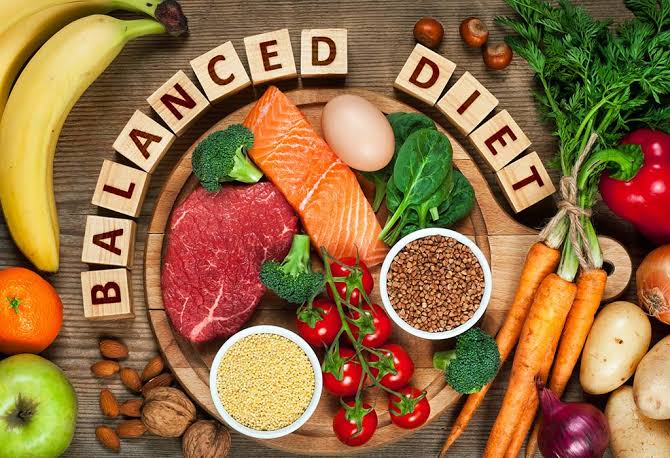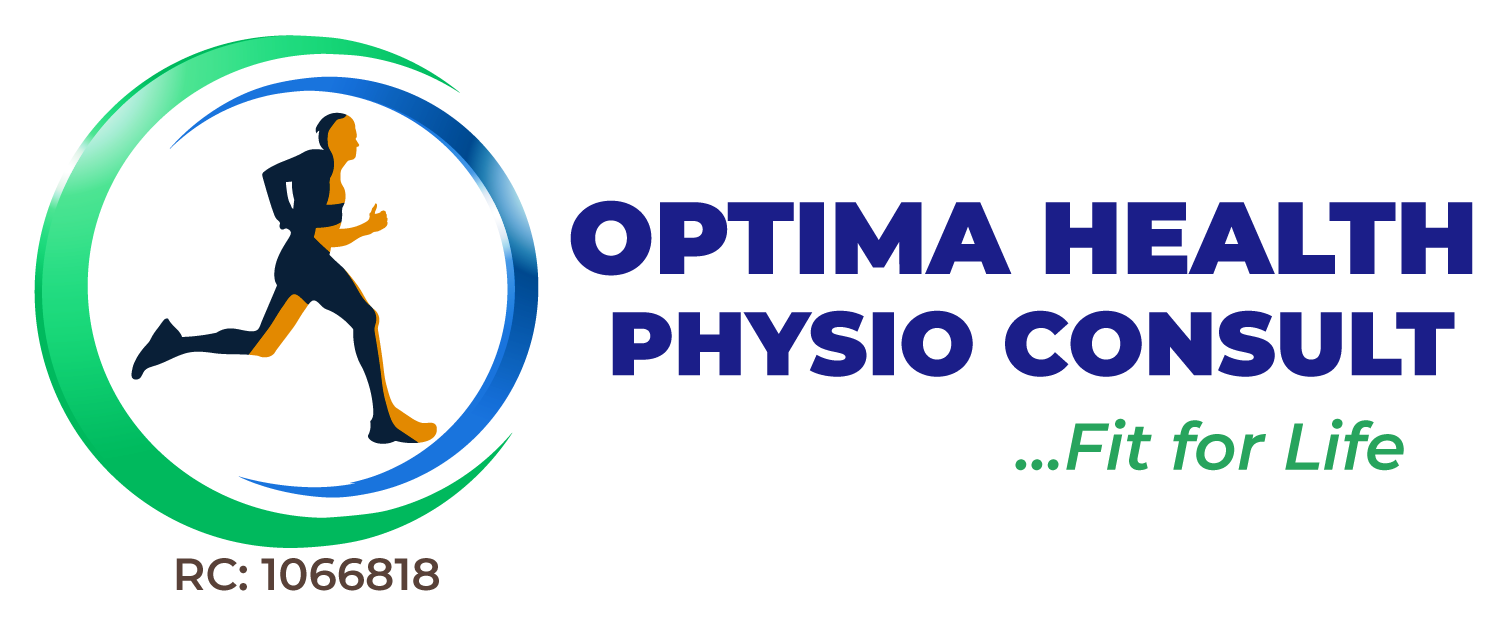Arthritis and Diet
Arthritis is a general term that refers to over 150 different conditions. The accurate term for this group of conditions is musculoskeletal conditions, as they affect the muscles, bones and joints.
While there is no special diet or ‘miracle food’ that can cure arthritis and other musculoskeletal conditions, everyone can benefit from eating a healthy, well-balanced diet to maintain general good health.
Some conditions may be helped by making changes to your diet. For example:
- People with inflammatory conditions such as rheumatoid arthritis may benefit from an increased intake of omega-3 fats, found in oily fish such as sardines and salmon
- People with gout (a type of arthritis) may benefit from avoiding foods high in purines, including offal, shellfish and beer, and drinking plenty of water.
Healthy Eating and Arthritis
Your body works best when you eat a wide range of healthy foods. Most people find that they feel better if they eat a balanced and varied diet to get all the vitamins, minerals, antioxidants and other nutrients their body needs.
Try to eat a Mediterranean-style diet which includes fish, pulses, nuts, olive oil and plenty of fruit and vegetables. Eating a balanced diet and having an adequate fluid intake can also help provide you with better energy levels, help to maintain your weight, and give you a greater sense of wellbeing, which may improve your symptoms.
Always seek the advice of your doctor or dietitian before changing your diet. You may be restricting your food intake unnecessarily or taking too much of certain products (such as mineral supplements) that may have no impact on your condition at all. Some supplements may also interact with your medication.
Healthy Weight and Arthritis
If you're overweight or obese, the extra load on your joints may be making your arthritis symptoms worse, especially if the affected joints include your hips, knees, feet or spine. There’s also a clear link between being overweight and an increased risk of developing osteoarthritis.
To lose excess weight you need to be active, but this can be challenging for people with arthritis due to pain or stiffness. See your doctor, dietitian or health professional for information and advice.
Omega-3 fats, Inflammation and Arthritis
Foods that contain omega-3 fats have been found to help reduce the inflammation associated with some forms of arthritis, such as rheumatoid arthritis. These effects are modest compared with medication, but they don’t have side effects, and may also have other health benefits, such as reduced risk of heart disease.
Foods rich in omega-3 fats include:
- Oily fish such as salmon and sardines
- Linseeds and linseed (flaxseed) oil
- Canola (rapeseed) oil
- Walnuts
- Foods fortified with omega-3, such as margarines and eggs
- Some fish oil supplements.
Don’t confuse fish oils with fish liver oils (such as cod liver oil and halibut liver oil). Fish liver oils also contain vitamin A. Large amounts of vitamin A can cause serious side effects. Ask your doctor before taking any supplements, to make sure you’re taking the correct dosage.
Gout and Diet
Gout occurs
when uric acid, a normal waste product, builds up in your bloodstream and forms
crystals in a joint, such as the big toe, causing inflammation and pain.
It’s believed that lowering uric acid levels through small changes in your diet
may help reduce the chance of future gout attacks. These changes include:
- Restricting or avoiding alcohol
- Avoiding binge drinking
- Restricting or avoiding offal meats, such as liver, kidneys and brains
- Restricting or avoiding shellfish, such as prawns and scallops
- Restricting or avoiding some seafood, including sardines, herrings, mackerel and anchovies
- Restricting or avoiding products containing yeast, such as beer and Vegemite
- Drinking plenty of water
- Eating plenty of fresh fruit and vegetables
- Avoiding fasting or crash dieting
- Making sure you don’t overeat on a regular basis.
Your doctor or dietitian can help guide you in making healthy changes to your diet.
Be aware that dietary changes alone are not enough to address the underlying cause of gout – too much uric acid in your blood. You also need to continue to take any medication your doctor has prescribed to manage your gout.
Glucosamine and Chondroitin and Arthritis
The supplements glucosamine and chondroitin are popular – yet evidence about their effectiveness in treating arthritis is very limited.
Some studies show that glucosamine sulphate and chondroitin, taken either separately or in combination, may improve pain slightly for people with osteoarthritis. There is no evidence that these supplements are effective for any other forms of arthritis.
Glucosamine and chondroitin may interact with other medication, including warfarin, and should only be taken after consultation with your doctor.
Evidence about Diet and Arthritis
People with gout may find that avoiding certain foods, in combination with gout medication, may prevent a gout attack.
However, there’s no substantial scientific evidence that other forms of arthritis can be improved or alleviated by avoiding particular foods.
There is no conclusive evidence that the following foods trigger or aggravate the symptoms associated with arthritis and other musculoskeletal conditions:
- Acidic foods – such as lemons, oranges and tomatoes
- ‘Nightshade’ foods – such as tomatoes, potatoes, peppers and eggplants
- Dairy foods.
These foods all contain important nutrients and avoiding them may cause other health problems.
People who have an intolerance to certain foods have found
that excluding them from their diet can make them feel better overall. However,
it’s unclear how this affects arthritis symptoms. If you’re thinking of
excluding foods from your diet, speak with a dietitian to make sure you’re not
eliminating important nutrients.
Tips for managing your diet if you have arthritis include:
- Eat a well-balanced diet to get all the vitamins, minerals, antioxidants and other nutrients you need
- Include a variety of fruit and vegetables, protein foods, dairy, nuts, pulses, cereals and grains. This will help to maintain general good health and a healthy weight
- Include plenty of omega-3 fatty acids in your diet, such as oily fish, linseeds, canola oil, walnuts or foods that are fortified with omega-3s (for example, eggs or margarine)
- Drink plenty of water
- Include adequate dietary calcium to reduce the risk of osteoporosis in later life
- Keep your weight within your target range – excess bodyweight increases stress on joints, especially weight-bearing joints like knees and hips
- Keep a food diary – if you think a particular food may aggravate your condition, it can help to keep a diary of your food intake and symptoms. After a month, you may have some idea about which food could be provoking symptoms. Discuss these results with your doctor or a dietitian
- Don’t cut whole food groups from your diet – for example all dairy products – without talking to your doctor, as you may miss out on important vitamins and minerals
- Be aware – the symptoms of arthritis, particularly the inflammatory types, can change for no apparent reason. Don’t assume any improvement in your symptoms is due to what you eat or changes in your diet. Be guided by your health professional
- Seek advice – if you need help, talk with your doctor or a dietitian. There’s a lot of conflicting information online and in the media about arthritis and diet. If you need some guidance, talk with a professional.
- Diet and arthritis, Arthritis Research UK.
- Gout, Arthritis Research UK.
- Arthritis diet, Arthritis Foundation (USA).

